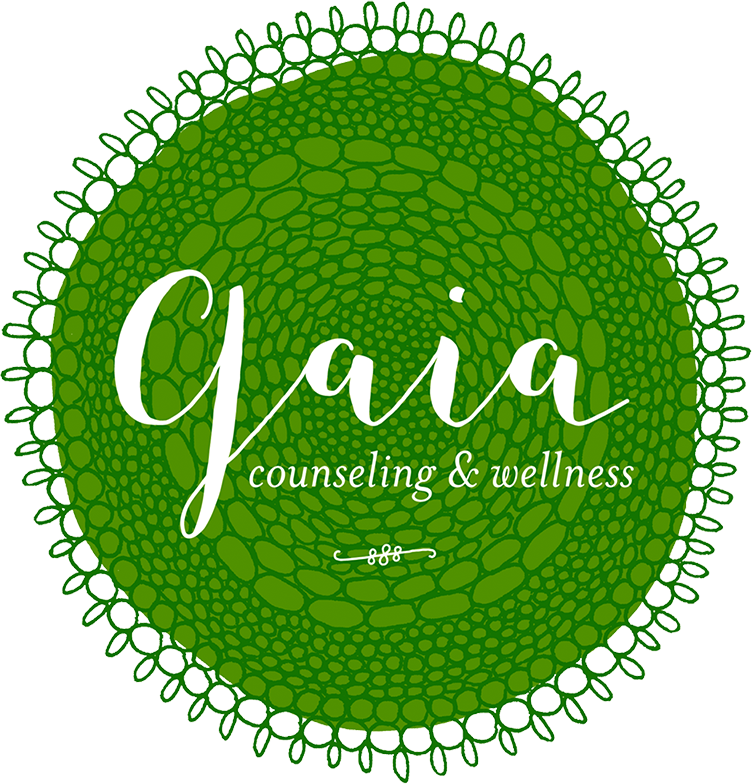It’s back to school season, which is a great time to lean into your relationship with your child to help them transition into rhythms that support attention, discovery, and motivation. Whether they are feeling excited or anxious, this is a time of flux, and one when a child’s experience shifts from being more open, to being increasingly scheduled and controlled. Because of this, parents and guardians have a unique opportunity to listen to their child and offer gentle spaces for grounding, reflection, and restoration. Just 15 minutes a day of unhurried and unstructured time with your child can go a long way to reduce stress, increase connection, and ignite their intrinsic sense of motivation. If this time together can take place outside, that further boosts mental, physical, and social well-being. Let’s take a closer look at why this simple act can do so much:
Unstructured time restores our cognitive abilities. Constant decision-making, problem-solving, and schedule-following can tax the brain. Giving ourselves and our kids a chance to get away from external pressures for even just 15 minutes, allows the part of our brains that engages in directed attention to rest. And the best part is, all we need to do effortlessly allow ourselves to simply notice our senses. Maybe we see a cloud pass by, feel the breeze, or hear the late summer songs of cicadas and all the while, our nervous system is responding to nature’s cues with recovery and rest.
Unstructured time together supports emotional regulation. Time together that’s not goal-oriented or driven by specific outcomes strengthens emotional bonding and teaches children it's ok to slow down, feel emotions, and self-soothe. When parents are present and relaxed, children can co-regulate more easily and feel seen and accepted as they are. This, in turn, builds autonomy and self-confidence and may, if you’re lucky, lead to spontaneous conversations about their time at school beyond “recess was fun”.
Modeling presence enables integration. Cultivating the ability to consciously bring your attention to noticing what is happening right now without judgment or distraction has innumerable benefits for our mental health, and that of our children. Dr. Daniel Siegel’s work on interpersonal neurobiology has shown how just taking some time to notice and reflect with your child can help their nervous system function in a more coherent, flexible, and balanced way.
I hope these simple steps help bring your transition back to school more joy, clarity, and connection. I’m a new counselor at Gaia, and I look forward to working with your kids and families.
Written by Gaia therapist, Leigh Scott

